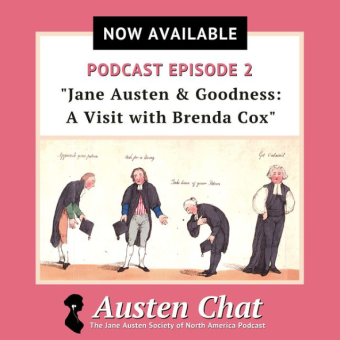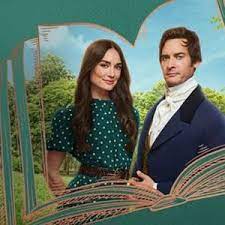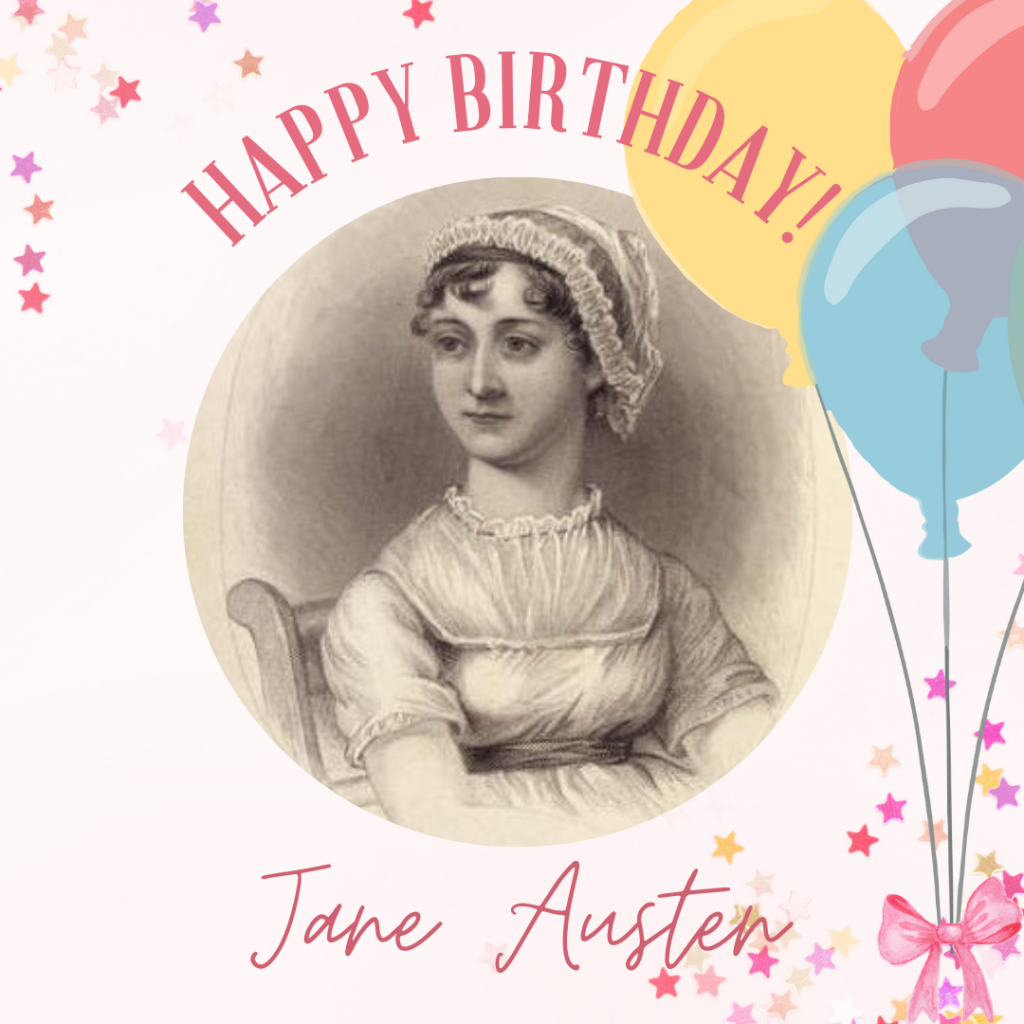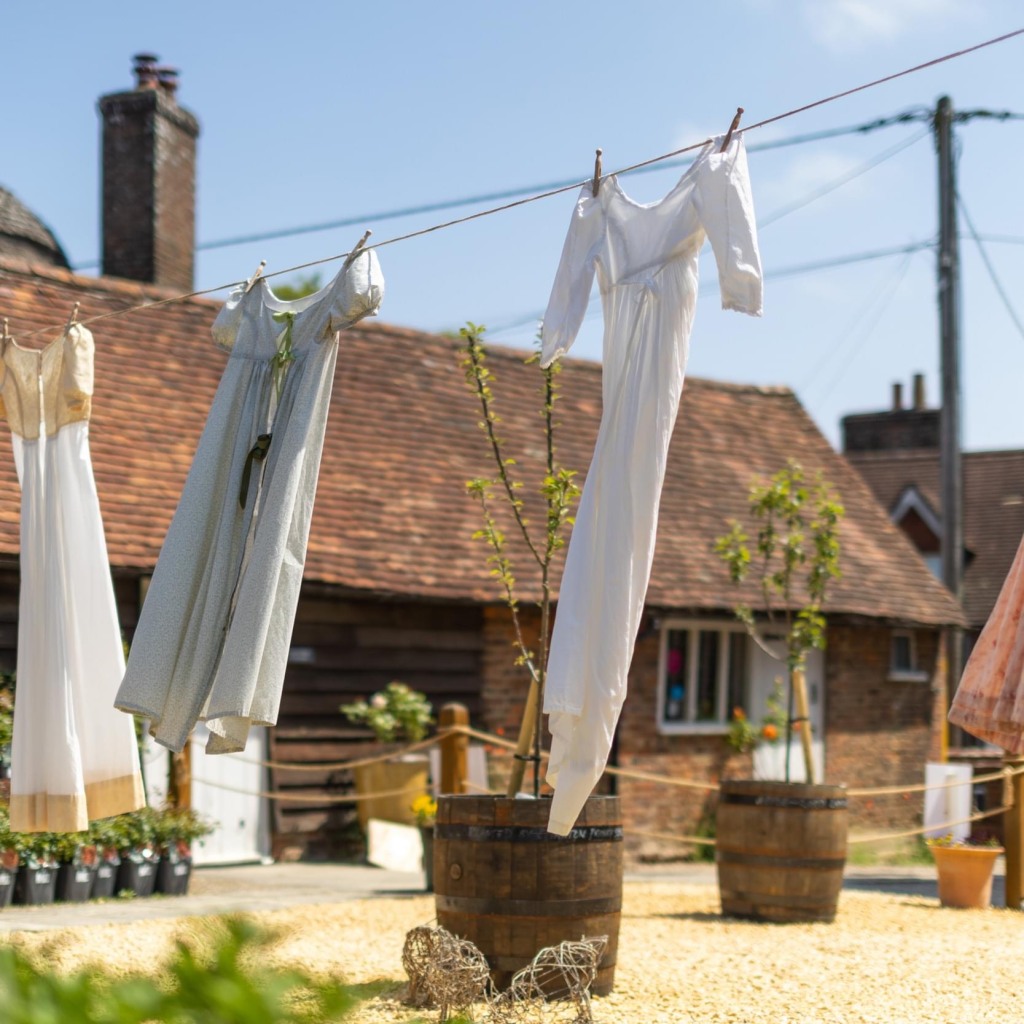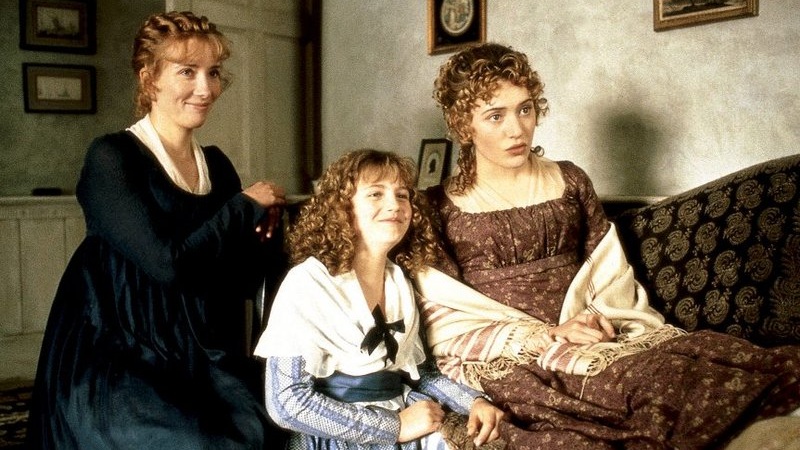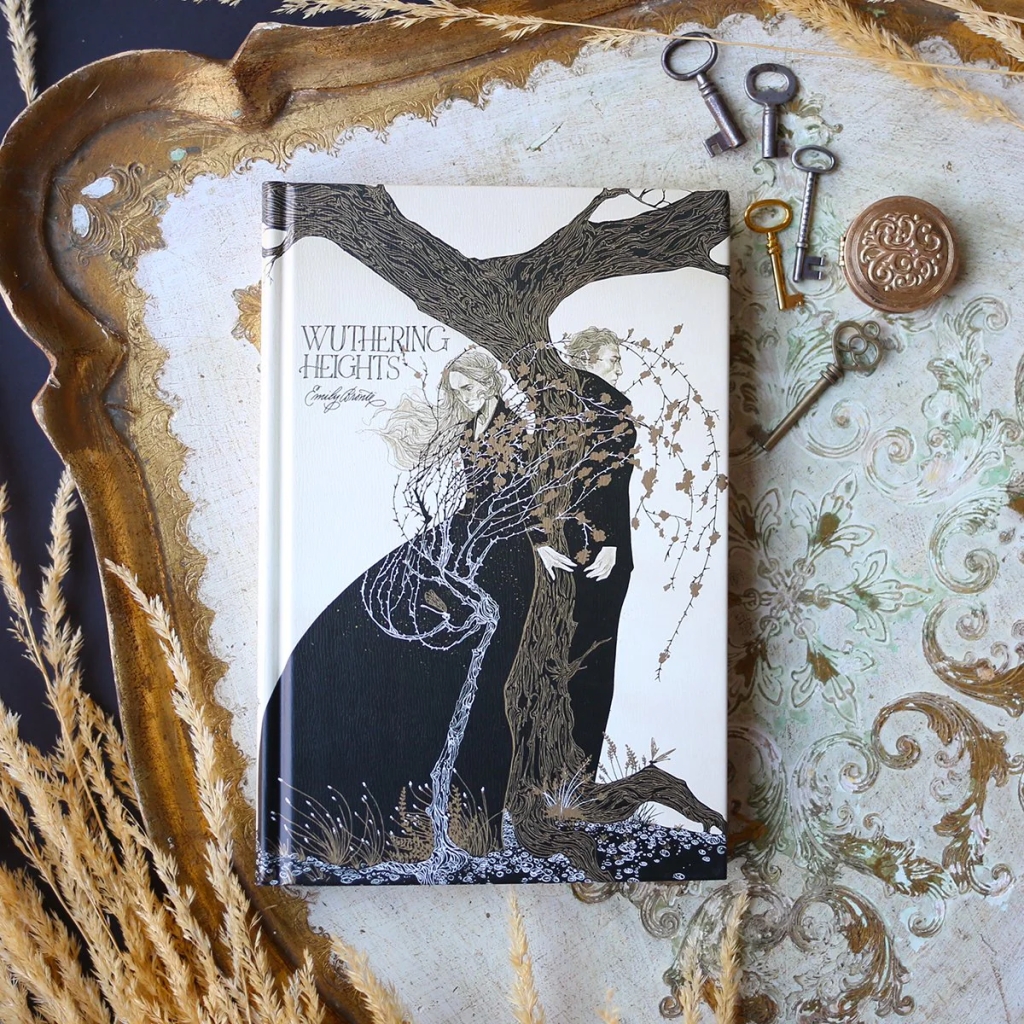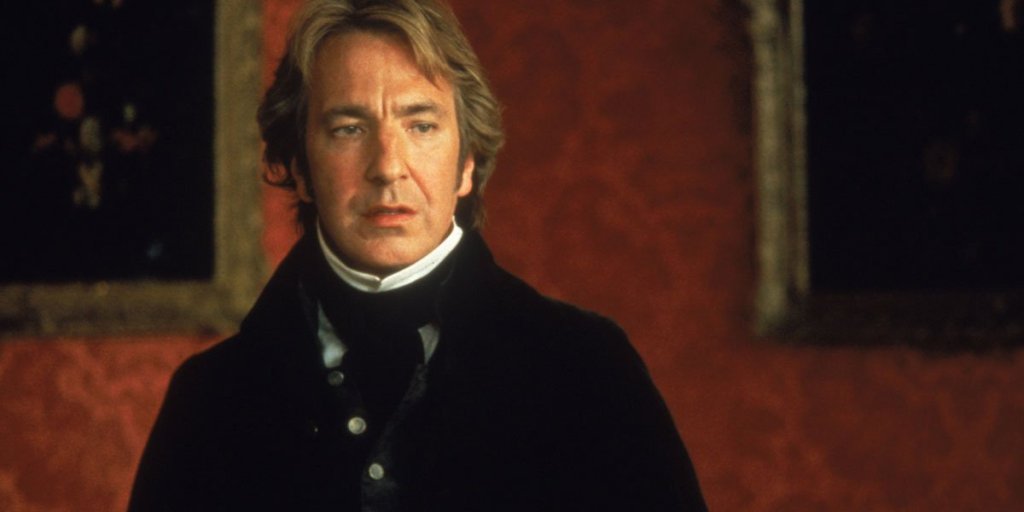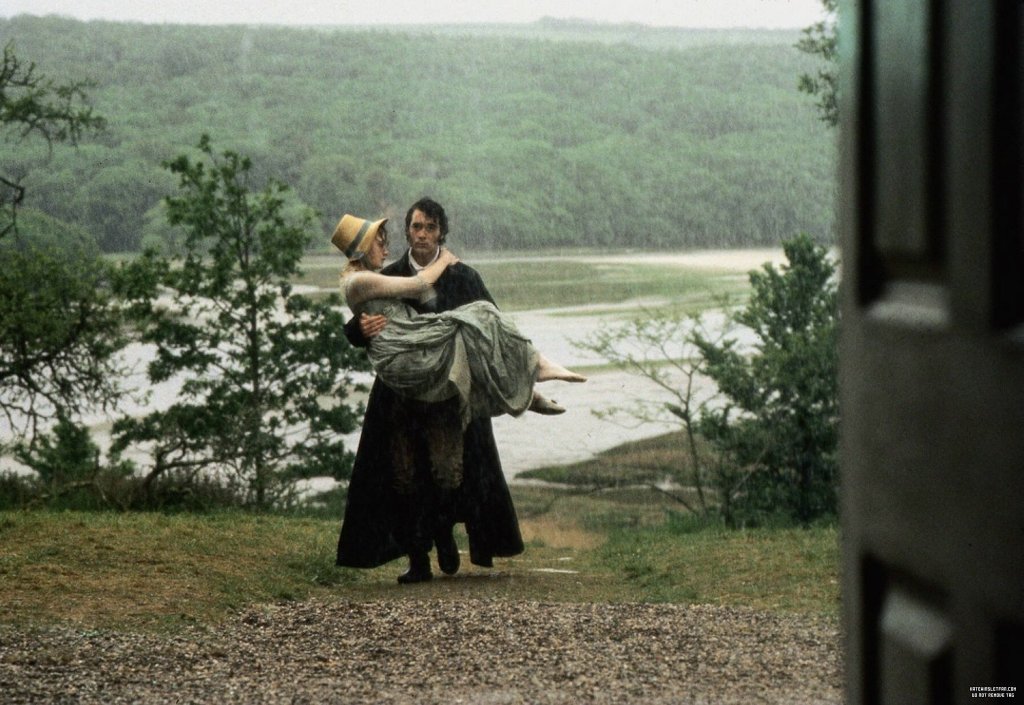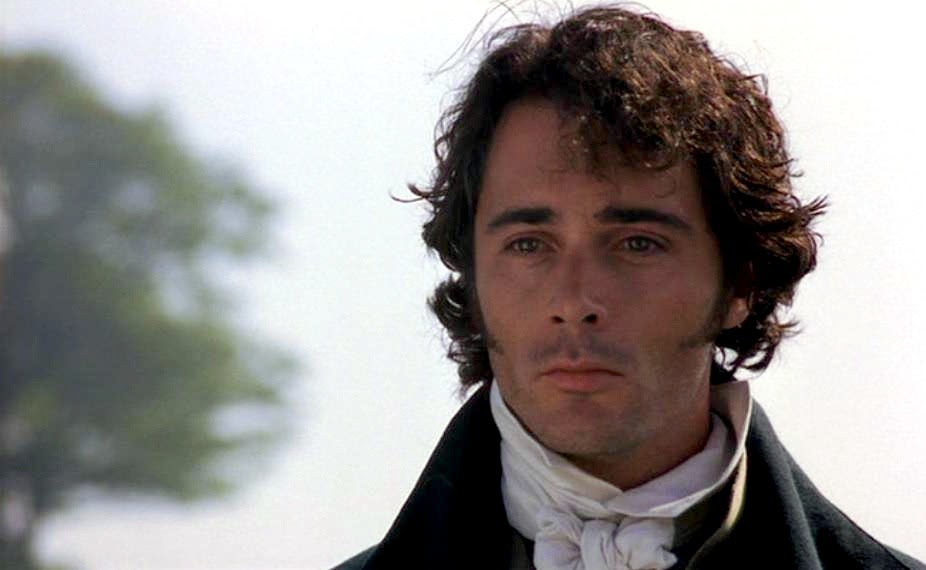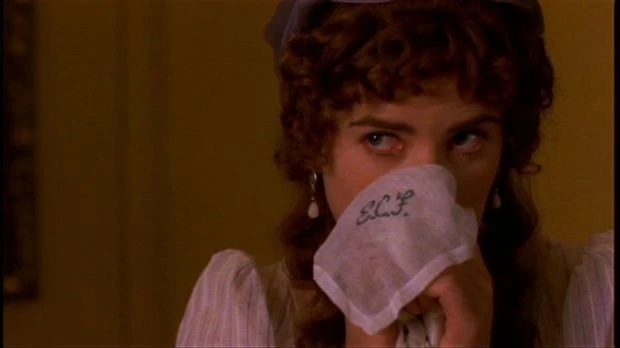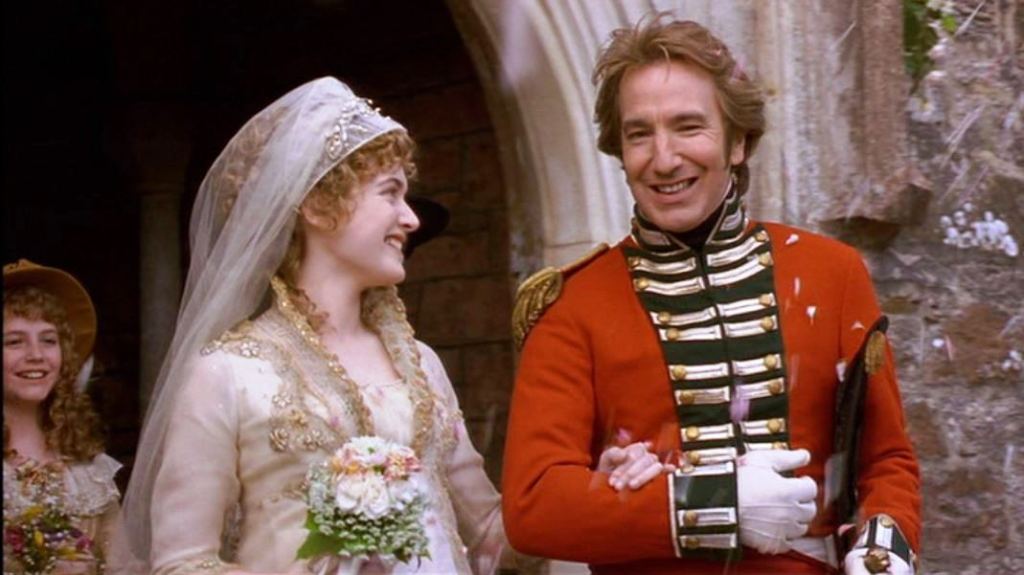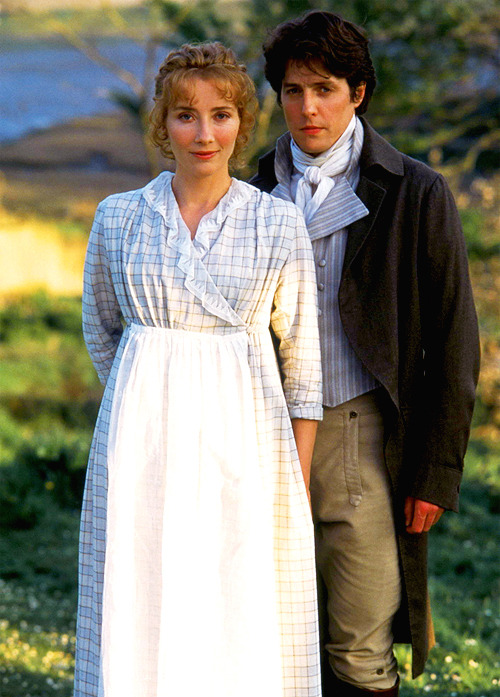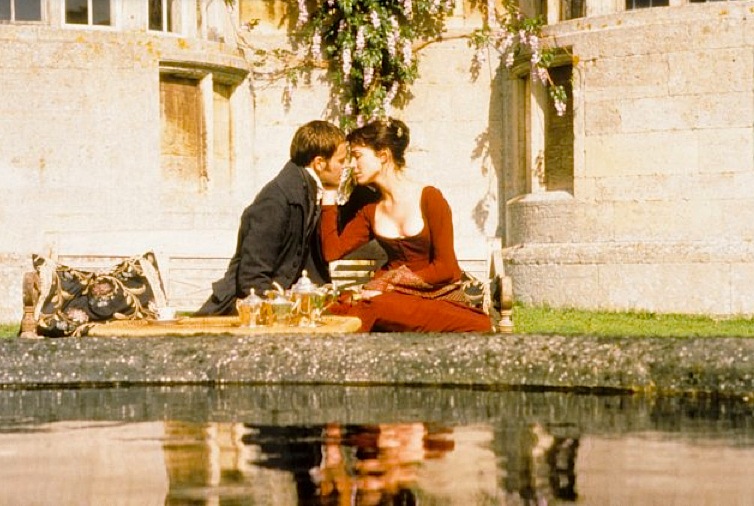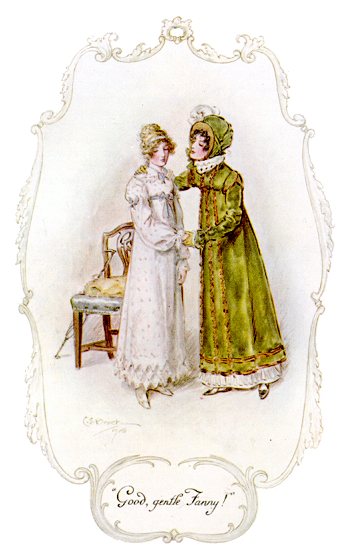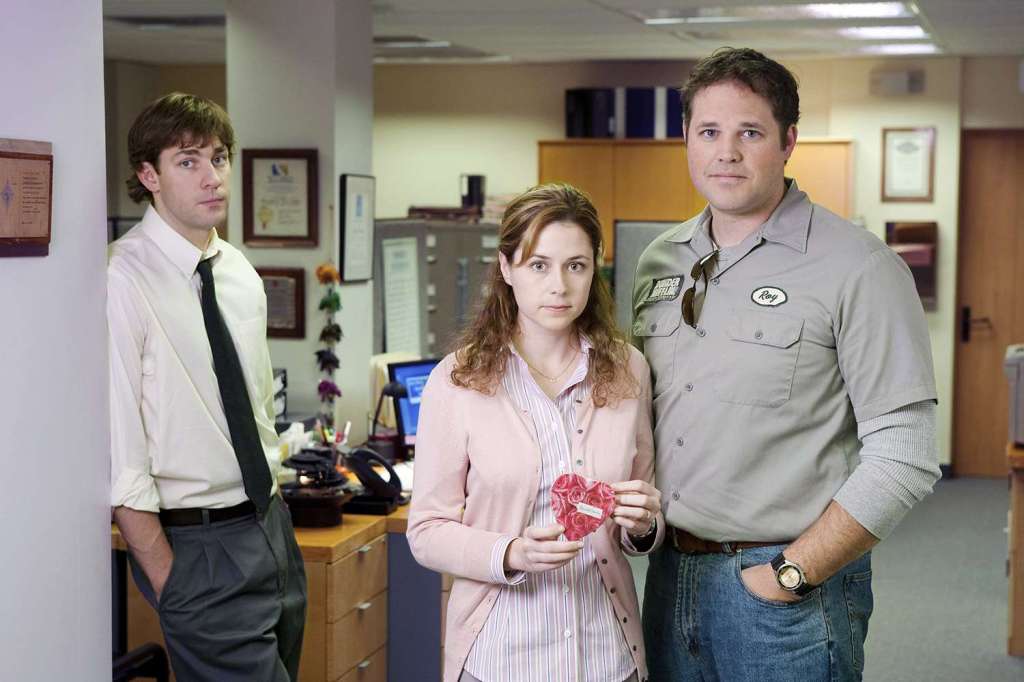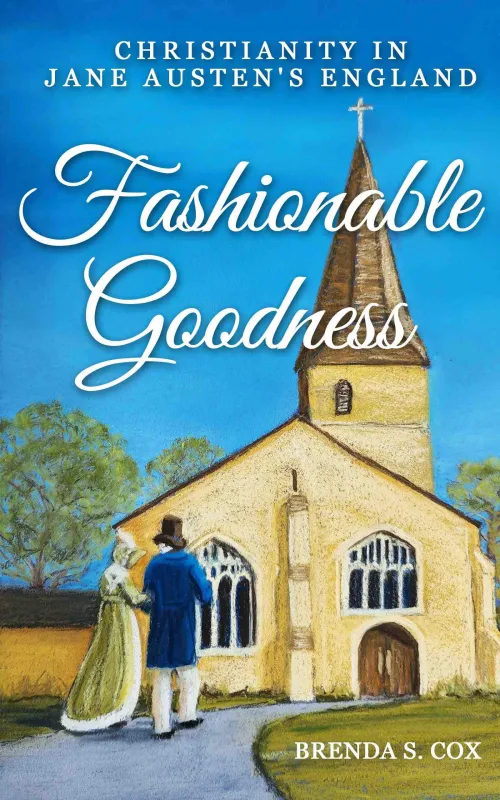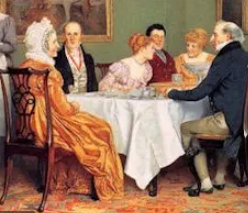Over the last few months, we’ve explored timeless romantic themes in Jane Austen’s novels that are still frequently used in today’s popular books, movies, and television shows. Thus far, we’ve covered the following themes in this series: “Enemies to Lovers” in Pride and Prejudice, the “Slow Burn” Romance in Emma, “Best Friends to Lovers” in Mansfield Park, “Second-Chance” Love in Persuasion, and “The Meet-Cute” in Northanger Abbey.
Last but certainly not least, this brings us to Sense and Sensibility and one of Austen’s most mature and intricate plots. Sense and Sensibility is unique in that it contains two main love stories with its sister-heroines, Elinor and Marianne Dashwood. Though Elinor is the main protagonist of the novel, Marianne’s romantic life is often front-and-center with its high drama and plot impact.
Love Triangles
In the world of storytelling, love triangles provide a potent plot device. There’s the age-old King Arthur-Guinevere-Lancelot story that’s been told again and again; the love triangle/identity mix-up in Shakespeare’s Twelfth Night; and the explosive Heathcliff-Cathy-Edgar triangle in Wuthering Heights. And this is only the tip of the iceberg. We could add dozens of other famous triangular love stories to this list.
In Sense and Sensibility, Austen provides her readers with not one, but two separate love triangles to untangle between Elinor-Edward-Lucy Steele and Marianne-Willoughby-Colonel Brandon.
In each of these triangles, there is one “wrong” person standing in the way of true love with Mr./Ms. Right. For Colonel Brandon, Willoughby takes the spotlight and all of Marianne’s attention. For Elinor, Lucy stands in the way of her happiness with Edward, due to an unfortunate youthful promise made by Edward.
Falling for Mr./Ms. Wrong, Finding Mr./Ms. Right
In both of these love triangles, a character falls for Mr./Ms. Wrong first and later finds Mr./Ms. Right. Elinor and Colonel Brandon both wait in the wings and watch to see if Edward and Marianne will break free from their previous attachments. They both must wait and wonder; they both feel the pain and angst of separation; and they both know that they may never find their personal happy ending.
The only difference is, Edward and Elinor have a mutual attachment to one another, while Marianne does not develop romantic feelings toward Colonel Brandon until far later in the novel. She thinks he’s far too old for romance and “thirty-five has nothing to do with matrimony”:
Colonel Brandon is certainly younger than Mrs. Jennings, but he is old enough to be my father; and if he were ever animated enough to be in love, must have long outlived every sensation of the kind. It is too ridiculous! When is a man to be safe from such wit, if age and infirmity will not protect him?
Sense and Sensibility
Thus, Colonel Brandon must wait in the wings, ever true and ever patient, caring deeply for Marianne and wanting the best for her, even if it means watching her break her heart and health over Willoughby.
Mr. Wrong: The Problem with Willoughby
As in life, Jane Austen’s characters often have to fall for Mr./Ms. Wrong before they can appreciate Mr./Ms. Right. In some of her novels, she even uses a “red herring” to keep her readers distracted (Frank Churchill is one such example). In Sense and Sensibility, Marianne Dashwood falls for a young, dashing, handsome, attractive man who appears to be everything she’s ever hoped for in a man.
To make matters even more exciting, their “meet-cute” involves an intoxicating rescue scene where Willoughby lifts Marianne and carries her home after she falls down and is hurt. How could a young lady, especially a young romantic woman like Marianne, not fall for a strong, handsome man who literally sweeps her off her feet and carries her through the rain to safety.
The problem is, no matter how dashing, friendly, attractive, romantic, or exciting Willoughby might appear, he is not who he seems. As we later find out from Colonel Brandon, Willoughby has a checkered past and has impregnated (at least) one young woman out of wedlock, without taking any responsibility for her care, sufficiently ruining her reputation and her chances (in that time/culture) of a happy future.
But, you might ask, how could anyone have known, since the fate of Colonel Brandon’s ward was unknown to any of the Dashwoods until much later? Though no one could believe just how bad he is, Austen does provide clues about Willoughby’s character through her descriptions of his conduct. He frequently crosses lines of propriety (usually a red flag in Austen’s novels) and makes himself far too cozy and familiar with Marianne without making any firm promises.
Today, dozens of movies and books follow a similar script. We often see characters like Mr. Willoughby, Mr. Wickham, and Mr. Crawford who are just a little bit too handsome, too dashing, and too perfect to actually be Mr. Right.
Ms. Wrong: The Problem with Lucy Steele
The problem with Lucy Steele is more a matter of youthful ignorance and inexperience. Edward Ferrars is captivated by Lucy’s beauty and, due in part to forced proximity, experiences young love and makes a commitment to someone who does not match his personality, intelligence, values, or interests in life. Austen describes her as “illiterate, artful, and selfish” – certainly no match for a thoughtful, principled man like Edward.
Not surprisingly, he soon regrets committing himself to a woman like Lucy:
The youthful infatuation of nineteen would naturally blind him to every thing but her beauty and good nature; but the four succeeding years—years, which if rationally spent, give such improvement to the understanding, must have opened his eyes to her defects of education, while the same period of time, spent on her side in inferior society and more frivolous pursuits, had perhaps robbed her of that simplicity which might once have given an interesting character to her beauty.
Sense and Sensibility
And while Lucy at first only appears to be an ignorant, vapid girl without much sense, we quickly realize she is far less sweet and far more dangerous than meets the eye. She’s not in love with Edward; she merely sees him as a “way up.” We later find out that she’s a conniving “gold digger” (to use today’s terms) who is looking for any way to climb the social ladder and make the best match she can, regardless of who she hurts or what anyone thinks.
This type of female red herring shows up in many popular romantic movies and books today as well. However, in many of today’s plot lines, this type of female character tends to be some kind of shark in the business world who cares more about appearances and getting ahead than building a loving relationship and happy life with the handsome main character.
Finding Mr. (Colonel) Right
Marianne must go through heartache before she can appreciate or fall in love with Colonel Brandon. He watches and waits, hoping against hope, until she begins to blossom and heal from her broken heart. His steadiness, thoughtfulness, and gentlemanlike manner is a welcome change from the high drama and passion of her first attachment, and soon an attachment forms:
Instead of falling a sacrifice to an irresistible passion, as once she had fondly flattered herself with expecting,—instead of remaining even for ever with her mother, and finding her only pleasures in retirement and study, as afterwards in her more calm and sober judgment she had determined on,—she found herself at nineteen, submitting to new attachments, entering on new duties, placed in a new home, a wife, the mistress of a family, and the patroness of a village.
Colonel Brandon was now as happy, as all those who best loved him, believed he deserved to be;—in Marianne he was consoled for every past affliction;—her regard and her society restored his mind to animation, and his spirits to cheerfulness; and that Marianne found her own happiness in forming his, was equally the persuasion and delight of each observing friend. Marianne could never love by halves; and her whole heart became, in time, as much devoted to her husband, as it had once been to Willoughby.
Sense and Sensibility
In today’s popular movies and books, a character like Colonel Brandon is sometimes the childhood best friend or the nerdy next door neighbor that suddenly turns handsome. It’s usually a matter of the main character being blinded at first by a passionate but unhealthy relationship and then “coming to their senses” and noticing the quality person that’s been there all along.
As far as the age-gap between Brandon and Marianne (which was quite common during Austen’s day and culture), many of today’s romantic storylines, such as As Good as It Gets, Crazy Heart, and Autumn in New York, feature a May-December romance.
Finding Ms. Right
From the moment they meet, it’s clear that Elinor and Edward are perfect for one another in every way. For Edward, once he meets a woman of Elinor’s caliber, there is no question that she is far superior to Lucy Steele.
However, Edward is a man of his word and refuses to do wrong by Lucy Steele. This honorable choice only serves to make Edward more attractive, even though Elinor is pained deeply by the knowledge that he must marry an ignorant woman he does not love. Like Brandon, Elinor waits patiently, enduring much pain, until Edward is finally set free.
Dozens of movies and televisions shows use this type of plot line where the main character must come to the realization that their current relationship is all wrong and someone else is a much better fit. Sweet Home Alabama is one mainstream movie example of this type of love affair.
Love Triangles in Popular Media
More romantic comedies feature a love triangle of some kind in today’s world of romantic writing.
The following are some popular movies (and/or books) with this theme: Pretty in Pink, While You Were Sleeping, The Notebook, Beauty and the Beast, Spider-Man, The Hunger Games, Titanic, Twilight (Team Edward v. Team Jacob), My Best Friend’s Wedding, Bridget Jones’s Diary, Sabrina, Reality Bites, Gone with the Wind, Something Borrowed, Pearl Harbor, Pirates of the Caribbean, and The Princess Bride.
Some well-known television love triangles include: Dawson’s Creek, Friends, Gilmore Girls, The Office, Beverly Hills 90210, Sex & The City, How I Met Your Mother, Felicity, Outlander, The Summer I Turned Pretty, Never Have I Ever, Friday Night Lights, Lost, and Grey’s Anatomy.
Though none of these shows or movies holds a candle to Austen’s writing, it’s clear that love triangles and plot twists about finding and/or waiting for Mr./Ms. Right continue to keep audiences coming back for more.
Happily Ever After
In the end, everyone lives happily ever after. (Except, of course, those characters whom Austen deems foolish or undeserving of true happiness.) As always, Austen provides her reader’s with a satisfying ending: “Let other pens dwell on guilt and misery. I quit such odious subjects as soon as I can, impatient to restore everybody not greatly in fault themselves to tolerable comfort, and to have done with all the rest.”
As we close this pop culture series on Jane Austen and Rom Coms, I’d love to know which couples and romantic themes are your favorite(s) in her novels!
RACHEL DODGE teaches college English classes, gives talks at libraries, teas, and book clubs, and writes for Jane Austen’s World blog. She is the bestselling author of The Little Women Devotional, The Anne of Green Gables Devotional and Praying with Jane: 31 Days Through the Prayers of Jane Austen. Now Available: The Secret Garden Devotional! You can visit Rachel online at www.RachelDodge.com.
Read Full Post »

